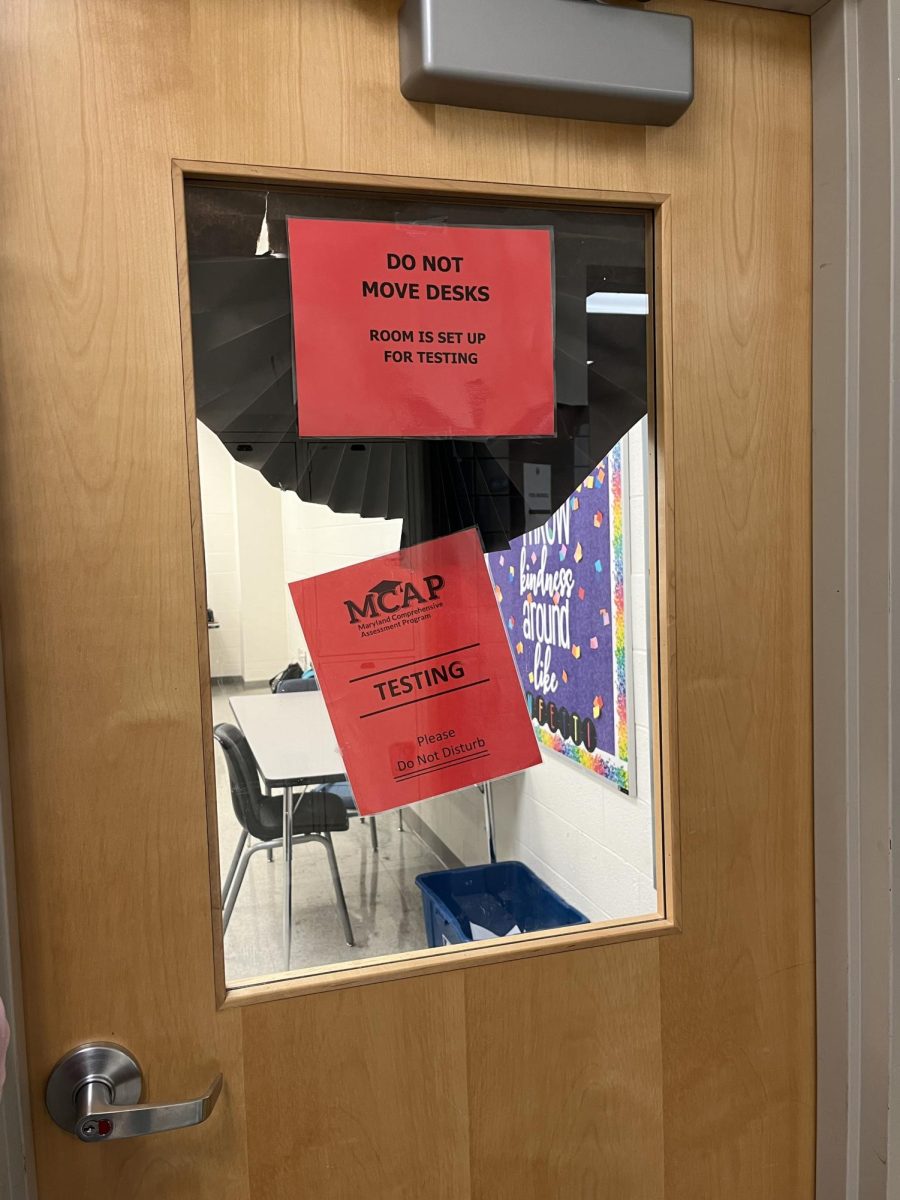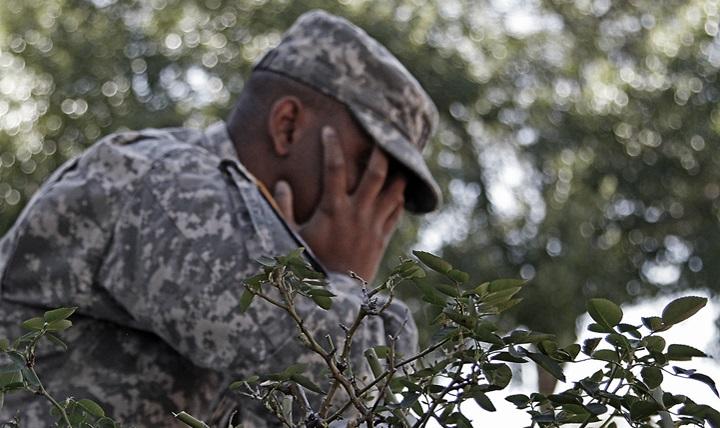CTE is Real Problem For Veterans and Football Players
(U.S. Army Photo by Pfc. Paige Pendleton, 1st BCT, 1st Cav. Div. PAO)
October 1, 2018
Veterans and football players are being tested for chfonic traumatic encephalopathy using advanced technology. Scientists are looking for a cure to reduce the psychological impacts of the disease.
CTE is a result of repeated head trauma. It is most commonly seen in retired football players and veterans. Depression, anxiety, suicidal thoughts, amnesia, and overall impatience and bad tempers are all caused by CTE. It is extremely taxing on affected individuals’ interpersonal relationships.
Kylie Baxley, a Sophomore at Oakdale High School expressed what she thought it would be like to be a family member of someone with CTE, “It would probably be terrible, like for their family to watch somebody that they love [to] go through that [CTE].”
People affected by CTE have trouble carrying on their daily activities and need emotional support from those around them.
For decades, veterans were diagnosed with post-traumatic stress disorder when they returned home from war. PTSD causes many stress-related symptoms; however, soldiers and football players alike had been suffering from symptoms that were more severe than PTSD. Scientists have diagnosed this as chronic traumatic encephalopathy or CTE for short.
Neurologist Dr. Ann McKee diagnosed 110 out of 111 football players with CTE. The problem is that the only way for the disease to be seen is an autopsy which requires the victim to be dead. Now, however, Dr. McKee is working on developing a new way to diagnose it. The process uses a tracer that attaches itself to the area of the brain that is affected by the injury. The hope is that it shows up on an MRI and PET scan. So far, fifty people have been tested for CTE by Dr. Sam Gandy.
Doctors are working on increasing the number of studies and tests on those who have CTE. The hope is to one day have a cure for this disease.
Judith McGraw, a sports medicine and physical education teacher at Oakdale High School, shared her opinion- “I don’t know if there’s going to be a cure for it [CTE], but I think that we can try to prevent it in the best way possible.”
She went on to explain how the NFL is talking about the different penalties they have and the things they are working on to reduce head trauma, especially in quarterbacks. Prevention may be the only way to avoid CTE.
Many veterans who have CTE want to aide in the research for this disease. A common thing for them to do is to donate their brain to scientific research. They can also participate in studies and trials that work on developing the most accurate way to diagnose CTE. Research and knowledge about CTE are increasing with every study. Doctors hope to one day be able to help the veterans and other affected people reduce the negative impacts of this disease.
Sources: https://www.cbsnews.com/news/60-minutes-scientists-seek-veterans-for-final-act-of-service/
Picture Source:
Picture Caption: CTE causes mental distress to affected individuals and their families.



































